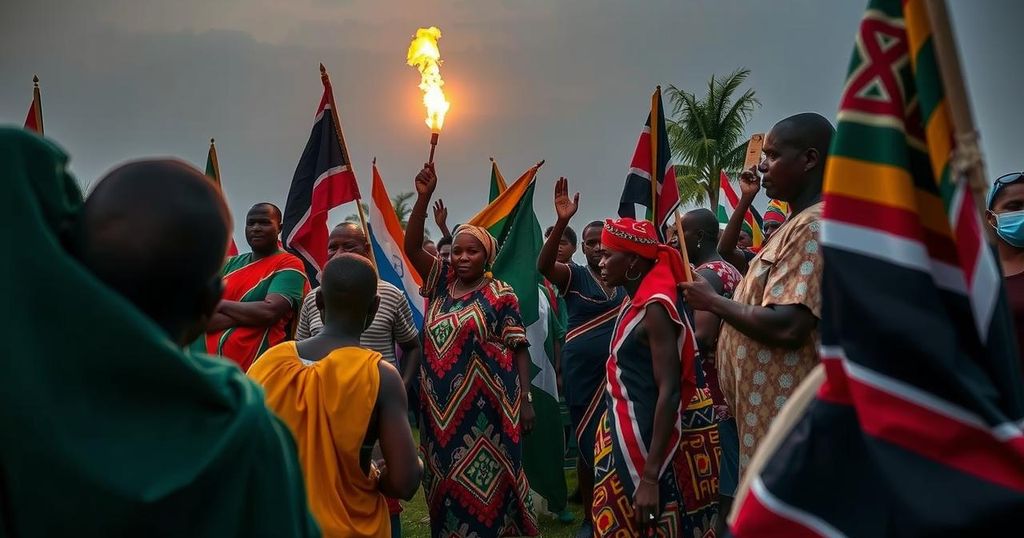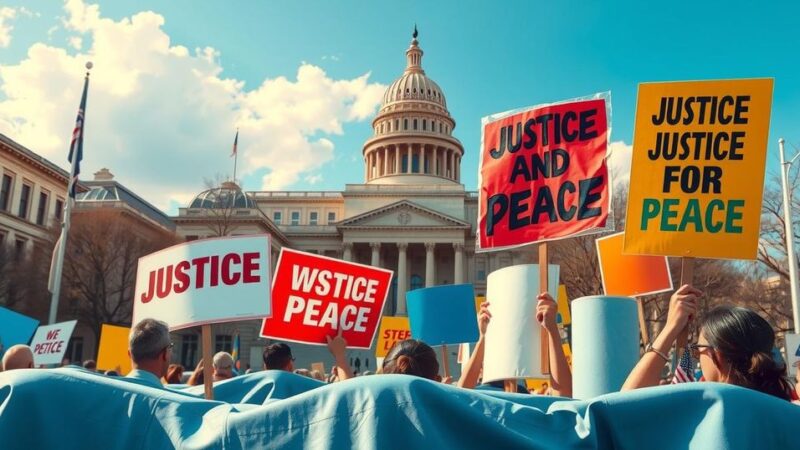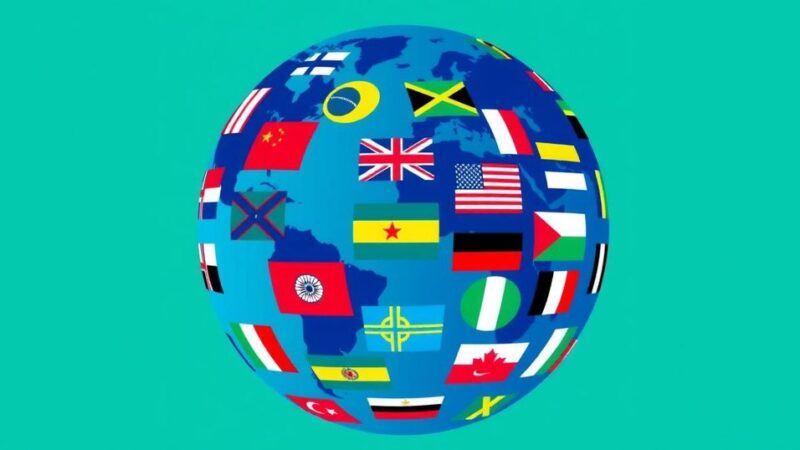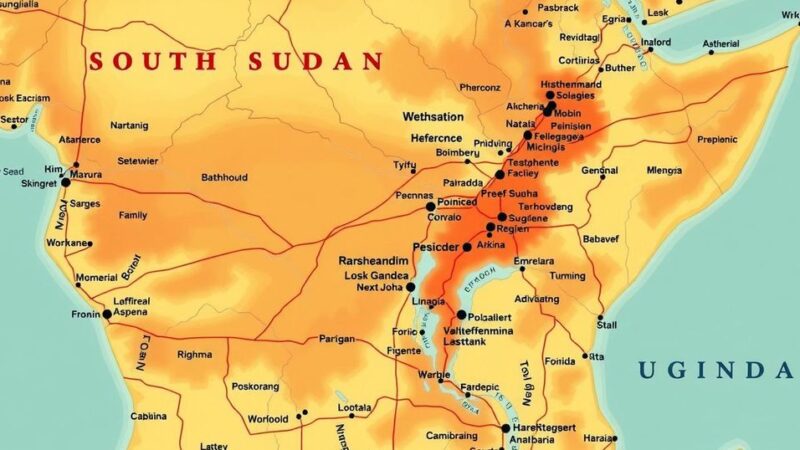Leaders of the Dinka Ngok in Abyei are advocating for self-governance amid stalled referendum plans due to the ongoing conflict in Sudan. They have submitted a memorandum to UNISFA, calling for international support for self-rule during a transitional phase until Sudan and South Sudan resolve Abyei’s status. Their demands highlight a critical state of statelessness, urging recognition of their rights as established in the 2005 Comprehensive Peace Agreement, which has been compromised since South Sudan’s independence.
Leaders from the Dinka Ngok ethnic group in Abyei have voiced strong calls for self-governance as the protracted conflict in Sudan obstructs the previously anticipated referendum to determine the region’s political fate. In a formal memorandum submitted to the United Nations Interim Security Force for Abyei (UNISFA), the Dinka Ngok have sought international support for self-rule during a temporary period, which they believe is essential until a consensus can be reached between Sudan and South Sudan regarding Abyei’s ultimate status. The 2005 Comprehensive Peace Agreement, which was intended to foster peace and cooperation, designated Abyei a special territory and pledged a referendum to ascertain whether its residents would prefer to affiliate with Sudan or South Sudan. Unfortunately, the execution of this vote has faced numerous delays, chiefly due to disputes over voter eligibility that involve the Misseriya tribe, known for its nomadic lifestyle. The memorandum underscores an urgent reality: “It became increasingly clear that Sudan is resisting the loss of Abyei, and that South Sudan… lacks the capacity or the will to go to war with Sudan over Abyei.” This statement reflects the dire circumstances surrounding the political standoff, as both nations grapple with their respective internal challenges. With ongoing turmoil within Sudan and South Sudan’s reluctance to assertively intervene, the prospects for an amicable resolution appear grim. The Dinka Ngok leaders have expressed grave concerns that Abyei, already beleaguered by historical violence, risks deteriorating into a violent conflict zone. The memorandum articulates a dire condition of statelessness among the Abyei population, who continue to languish without the security and assistance afforded by a recognized national government. It further asserts their right to self-governance in accordance with the stipulations of the 2005 peace agreement. Originally, the peace agreement allowed individuals in Abyei to possess dual citizenship in both Sudan and South Sudan. However, with South Sudan’s independence and subsequent administrative alterations, this provision has become defunct. The Dinka Ngok are now advocating for the reinstatement of their rights to self-governance and dual citizenship, which they believe are vital steps to resolve the impasse and foster harmonious relations with both neighboring countries.
The issue at hand is rooted in the complex historical dynamics between Sudan and South Sudan, particularly regarding the status of Abyei, a highly contentious region. The signing of the Comprehensive Peace Agreement in 2005 aimed to end the Second Sudanese Civil War and sought to ensure the peaceful coexistence of both nations. However, the promised referendum has continuously been delayed due to ongoing disputes, particularly over the inclusion of the Misseriya tribe in the electoral process. The unique cultural and political realities of the region have led to a protracted state of uncertainty, leaving the local population vulnerable and wishing for recognition and autonomy as they navigate the challenges posed by the larger conflict.
In conclusion, the Dinka Ngok leaders’ push for self-governance emerges as a response to the stagnation of the political process regarding Abyei’s status amid the turbulent situation in Sudan. Their memorandum not only highlights the pressing need for international intervention but also emphasizes their fundamental rights under the 2005 Comprehensive Peace Agreement. As the future of Abyei hangs in the balance, the call for self-rule and dual citizenship acts as both a plea for recognition and a strategy for maintaining peace in a historically fraught landscape.
Original Source: sudantribune.com






